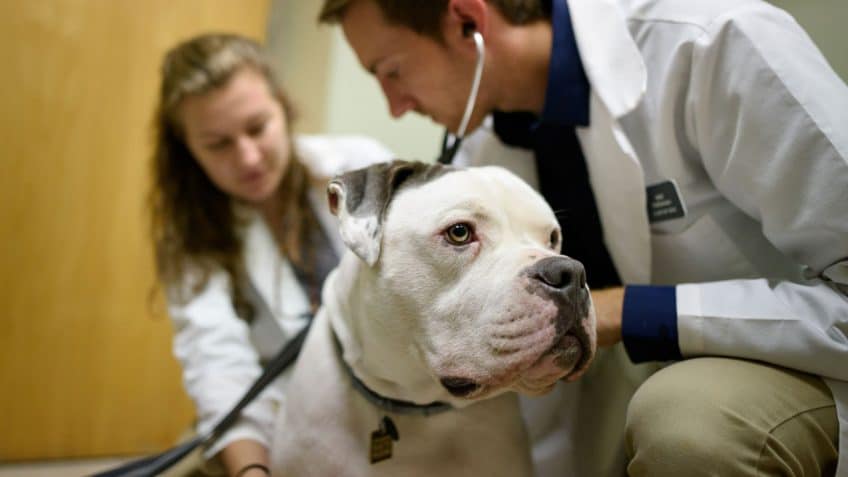Other cardiac issues occur in nonhuman animals, but heart attacks are uncommon in other organisms, according to scientists. According to researchers at the University of California San Diego School of Medicine, the deletion of a single gene in our ancestors two to three million years ago may have resulted in a higher risk of cardiovascular disease in all humans as a species, as well as a higher risk for red meat-eaters. Other animals, including one of our closest living relatives, chimps, seldom suffer from heart attacks (Pan troglodytes).
“In general, animals don’t die naturally from the normal heart attack that you see in humans,” Philip Gordts, an assistant professor at the University of California, San Diego (UCSD) who researches heart disease, told Live Science.
What Is A Heart Attack?
When a blood vessel supplying oxygenated blood to the heart becomes blocked, a segment of cardiac tissue dies as a result of oxygen deprivation.

When a segment of the heart dies, it loses its ability to contract and also fails to transmit the electrical signal that tells the remainder of the heart to contract. If no assistance, such as CPR, is undertaken, the heart may stop beating, resulting in death.
Do Animals Have Heart Attacks?
Rather than pondering why other animals do not suffer from heart attacks, consider why humans do. You would believe it has something to do with our sedentary lifestyles and poor diets, and those variables obviously play a part. Atherosclerosis is a primary cause of heart disease, and a poor diet rich in red meat and full-fat dairy products, as well as a lack of exercise, are risk factors.
Most animals do not experience heart attacks, according to Lynne O’Sullivan, a veterinary cardiologist at the University of Prince Edward Island’s Atlantic Veterinary College. A heart attack occurs when the blood supply to a part of the heart muscle is cut off. It mainly occurs in humans as a result of sickness or obstruction of the blood vessels or arteries.

Most domestic animals, such as dogs and cats, do not develop that condition, making heart attacks in those species extremely rare. Dogs, on the other hand, develop valve disease, which results in a leaky valve. Heart muscle problems can affect both dogs and cats. These can cause symptoms such as shortness of breath or collapse, but not heart attacks. This holds true for both canine and feline species in the wild.
They don’t happen very often, despite the fact that they may theoretically happen. According to Oakland Veterinary Referral Service in Bloomfield Hills, Michigan, heart attacks in dogs is quite rare. Heart attacks do not occur in captive chimps, who are not only closely related to humans but also have identified risk factors for heart disease, such as physical inactivity and high cholesterol levels.
According to the same study, rodents and rabbits are not prone to atherosclerosis, which is the deposition of lipids, cholesterol, and other compounds on artery walls. Actual heart attacks are rare in mice and rabbits that have been genetically manipulated to have high cholesterol and blood lipids in order to induce atherosclerosis and other human disorders.
A few bird species, particularly those in the parrot family, are susceptible to lipid or cholesterol abnormalities, which result in damaged cardiac arteries, putting them at risk of heart attacks. This sort of heart disease can also affect nonhuman primates.
Also Checkout: 6 Ways to Burn Fat While Sleeping.
Source: TheHealthcareDaily












